The Barbados Bar Association has issued a definitive statement emphasizing that all legal professionals intending to practice in Barbados under the newly implemented CARICOM cross-border initiative must comply with the country’s established legal entry and registration protocols, irrespective of their nationality. This announcement follows the activation of the initiative on Wednesday, which grants citizens of Barbados, Dominica, St Vincent and the Grenadines, and Belize indefinite rights to reside, work, and study in Barbados. Bar President Kaye Williams addressed concerns raised by professionals regarding the initiative’s implementation, reaffirming Prime Minister Mia Mottley’s position on the matter. Williams underscored that while the Bar Association supports regional freedom of movement, all attorneys-at-law and law firms, whether CARICOM nationals or not, must adhere to Barbados’ legislative requirements for professional practice. Quoting Prime Minister Mottley, Williams highlighted that the initiative does not exempt professionals from following the rules governing their respective fields. She specifically referenced the Professional Services Registration Act and the Profession Trade and Business Registration Act, which mandate that lawyers and other regulated professionals obtain valid practicing certificates and register with the Registrar of the Supreme Court. Williams also noted that these requirements apply to a broad spectrum of professions, including medical practitioners, accountants, architects, and journalists, among others. The initiative marks a historic step in regional integration, offering citizens of the four participating states access to social, educational, and health benefits equivalent to those of Barbados’ citizens.
标签: Barbados
巴巴多斯
-
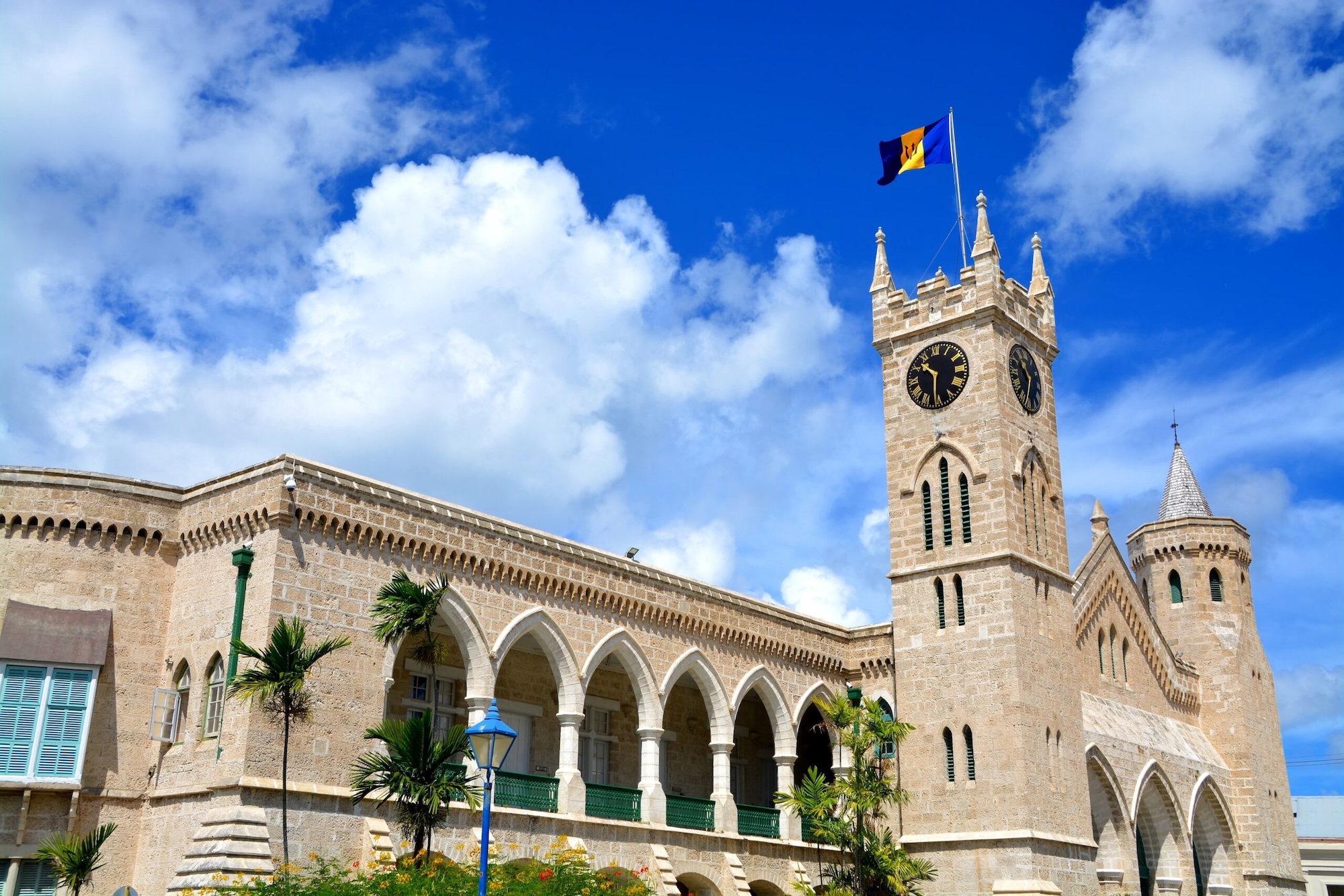
DLP slams family leave law as ‘immoral, employer-first’
The Democratic Labour Party (DLP) has launched a scathing critique of Barbados’ newly enacted Family Leave Act, condemning it as a law that criminalizes parents, infringes on women’s reproductive rights, and prioritizes employers over families. Introduced by Labour Minister Colin Jordan, the legislation has been celebrated by the government as a historic advancement in parental rights, introducing statutory paternity leave for the first time in the nation’s history. Fathers are now entitled to three weeks of leave, which can be taken consecutively or split within the first six months of a child’s life. Maternity leave has been extended from 12 to 14 weeks (17 weeks for multiple births), and the maternity grant has been replaced with a gender-neutral child grant. However, during a virtual discussion hosted by the DLP, party representatives and legal experts argued that the law is not only insufficient but also ‘immoral.’ Malissa Howard, a DLP candidate, acknowledged the introduction of paternity leave as an improvement over the repealed Employment of Women (Maternity Leave) Act but criticized the three-week period as inadequate compared to international standards. She emphasized the need for greater support for women, suggesting six months of leave for fathers. Opposition Senator Andre Worrell echoed these concerns, advocating for extended leave beyond the immediate post-natal period, particularly when mothers return to work. He warned that without such provisions, parents are often forced to rely on nurseries, which many prefer to avoid in a child’s first year. Worrell also criticized the provision granting fathers an additional three weeks of leave if their partner dies during childbirth, calling it insufficient. Section 15 of the law, which criminalizes providing false information about pregnancy or birth with penalties of up to $10,000 or 24 months’ imprisonment, has drawn particular ire. Opposition Leader Ralph Thorne condemned this as an intrusion of criminal law into family life, arguing that it undermines the sanctity of pregnancy and birth by treating it as a contractual matter. Thorne also criticized the requirement that both parents must be employed continuously for 12 months to qualify for leave, calling it ‘immoral’ and discriminatory. Attorney Damien Fanus highlighted that some women may not know they are pregnant until months into employment, leaving them ineligible for benefits. Felicia Dujon, the DLP’s education spokesperson, accused the law of violating women’s reproductive rights and warned of potential workplace discrimination. Fanus further noted that protections against dismissal only apply during leave, leaving parents vulnerable upon their return to work. The DLP has called for significant revisions to the law, arguing that it fails to adequately support families and disproportionately favors employers.
-
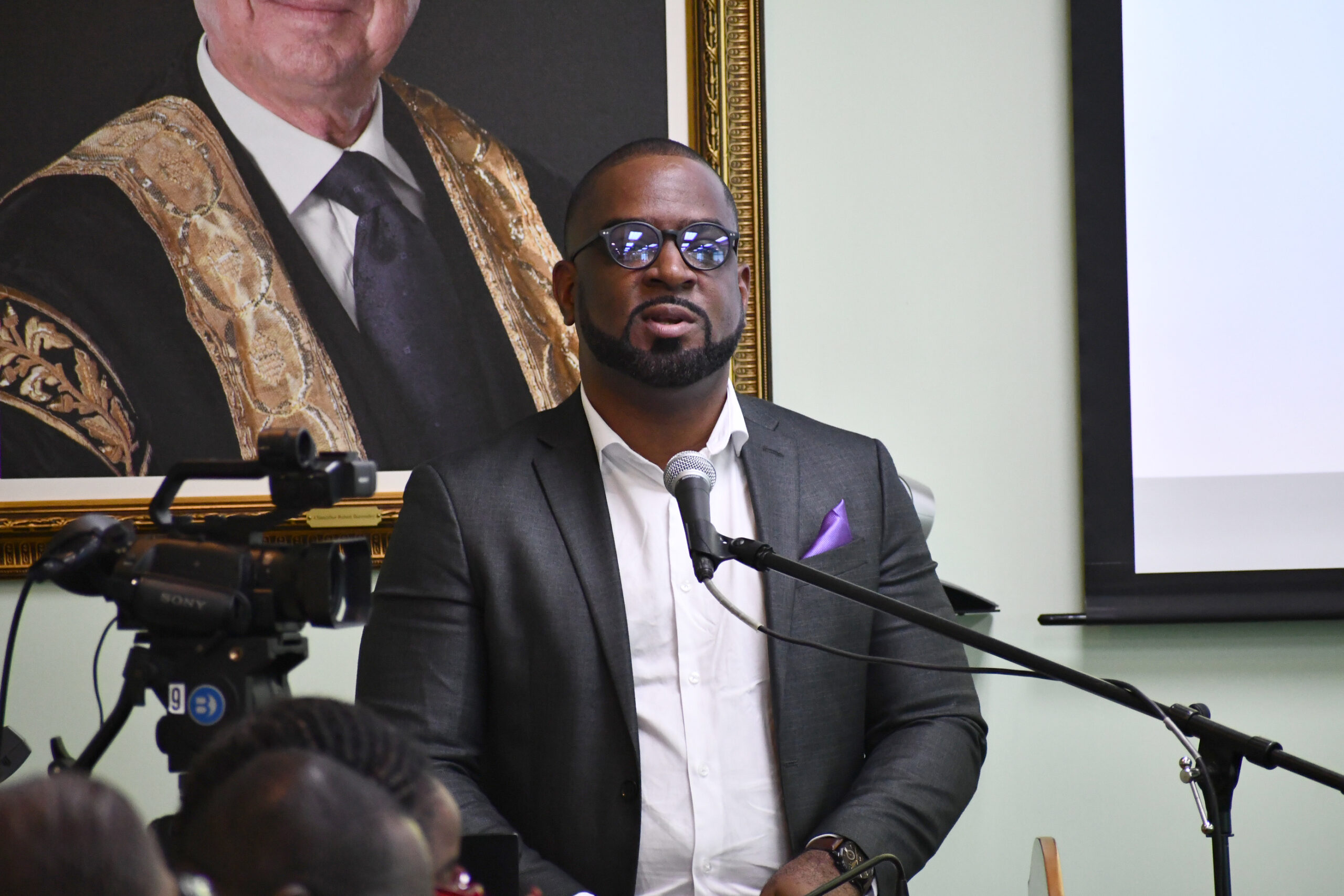
New network of air quality sensors to warn of health risks
Barbados is on the verge of a groundbreaking advancement in public health protection, as the University of the West Indies (UWI) spearheads the deployment of an extensive network of air quality sensors across the island. This initiative, developed in collaboration with national agencies such as the Barbados Meteorological Services (BMS) and the Department of Emergency Management (DEM), aims to provide real-time warnings about hazardous smoke and air pollution, particularly benefiting individuals with respiratory illnesses.
-
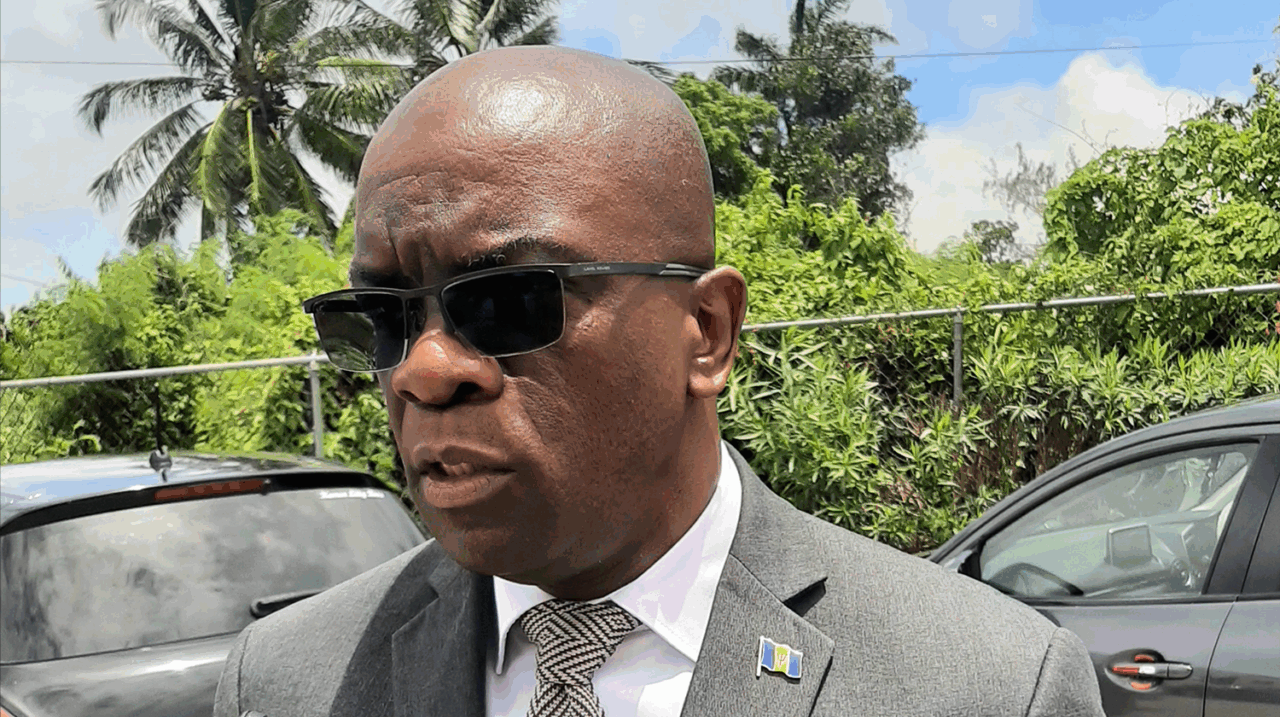
Misbehaving students prompt pleas for adult accountability
Barbados is confronting a growing issue of lewd and disruptive behavior among schoolchildren on public buses, prompting urgent calls for intervention from government officials, union leaders, and parent advocates. Minister of Youth, Sports, and Community Empowerment Charles Griffith, Congress of Trade Unions and Staff Associations of Barbados (CTUSAB) General Secretary Dennis Depeiza, and Paula-Ann Moore, spokesperson for the Group of Concerned Parents, have all emphasized the need for immediate action, though their perspectives on the root causes and solutions differ. Griffith attributes the problem to a breakdown in parenting and community mentorship, advocating for enhanced parental training, peer support networks, and intergenerational guidance. He stressed the importance of strong Parent-Teacher Associations (PTAs) and the involvement of retired elders as mentors to instill positive values. Depeiza, however, points to a lack of enforcement and adult accountability as key factors, warning that without decisive action, the situation will worsen. He highlighted longstanding issues on ZR minibuses that have now affected the broader Transport Board system. Moore described the behavior as deeply concerning and urged both children and adults to take responsibility. She emphasized the need for societal unity in modeling appropriate behavior and enforcing zero tolerance for misconduct. A female student commuter shared firsthand accounts of disruptive behavior, including instances where bus drivers had to intervene. All stakeholders agree that a comprehensive, community-driven approach is essential to address this pressing issue.
-
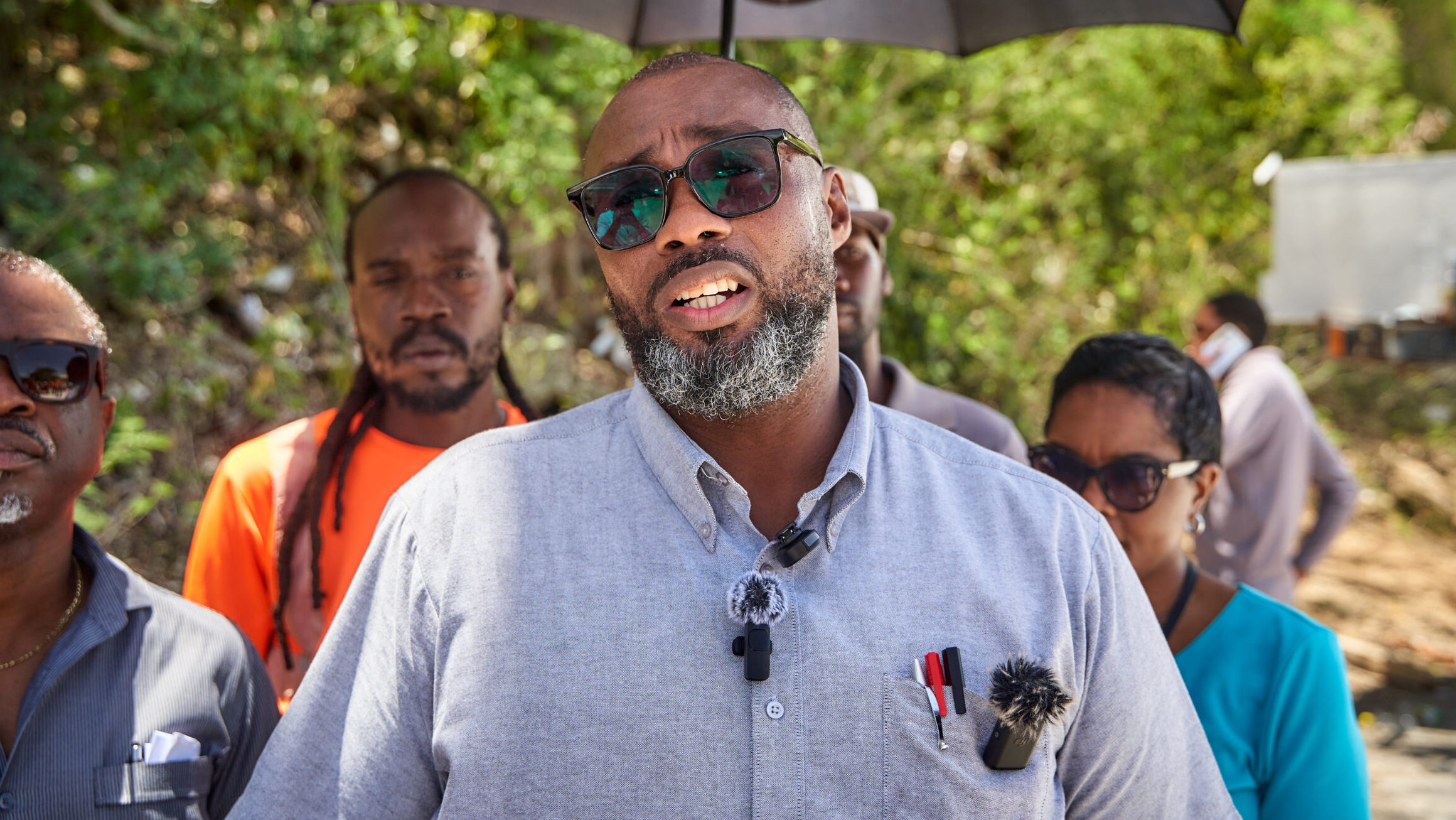
BWU will take health, safety breaches to Labour Department
The Barbados Workers’ Union (BWU) has issued a stern warning to employers, vowing to escalate unresolved health and safety violations to the Labour Department. This comes amid growing concerns over the hazardous working conditions faced by many Barbadian employees across various sectors.
-
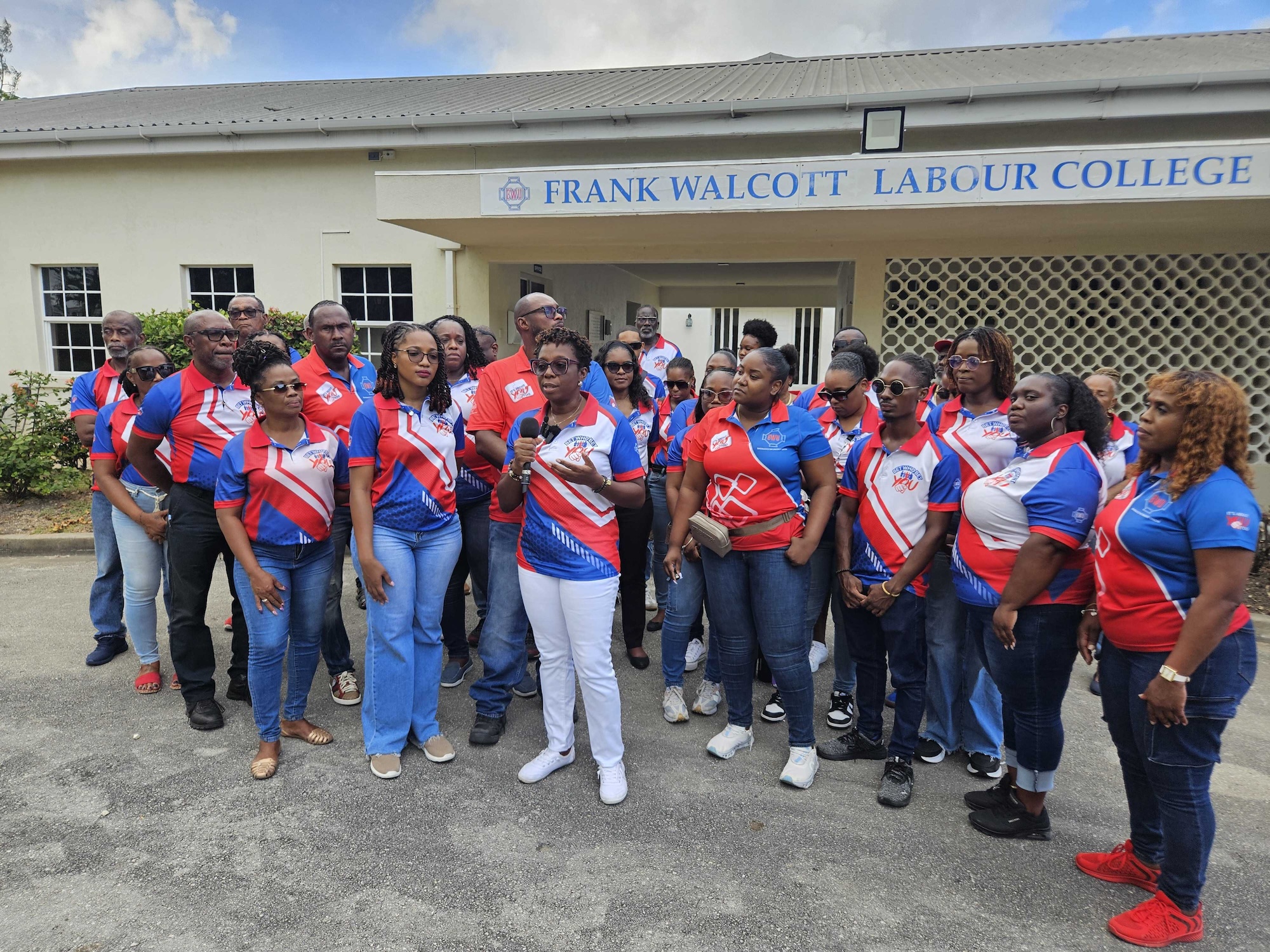
‘Secret’ union sign-ups prompt BWU concern over busting tactics
The Barbados Workers’ Union (BWU) has observed a significant increase in employees seeking to join the union anonymously, citing fears of victimization if their union affiliation is revealed. This trend was disclosed by BWU General Secretary Toni Moore during a speech at the Frank Walcott Labour College, following a tour of 12 companies as part of the union’s 84th anniversary celebrations. Moore highlighted that some employers are resorting to intimidation tactics to undermine union representation, with a recent case at a hardware store exemplifying such behavior. In this instance, management allegedly pressured workers to abandon the union, promising benefits in return. Moore condemned these actions as union-busting, noting that the employer further attempted to divide workers by offering wage increases only to those believed to be non-unionized. Despite these challenges, the BWU has seen a notable rise in membership through discreet payment methods, such as First Pay and direct bank transfers, allowing workers to keep their union affiliation private. Moore emphasized that even shop stewards are often unaware of the true extent of union membership within their workplaces, as many workers choose to join anonymously. The union has identified wages, lack of upward mobility, unpredictable schedules, and health and safety concerns as key issues affecting workers. To address these challenges, the BWU continues to prioritize education, offering classes to help workers understand their rights and navigate workplace difficulties.
-
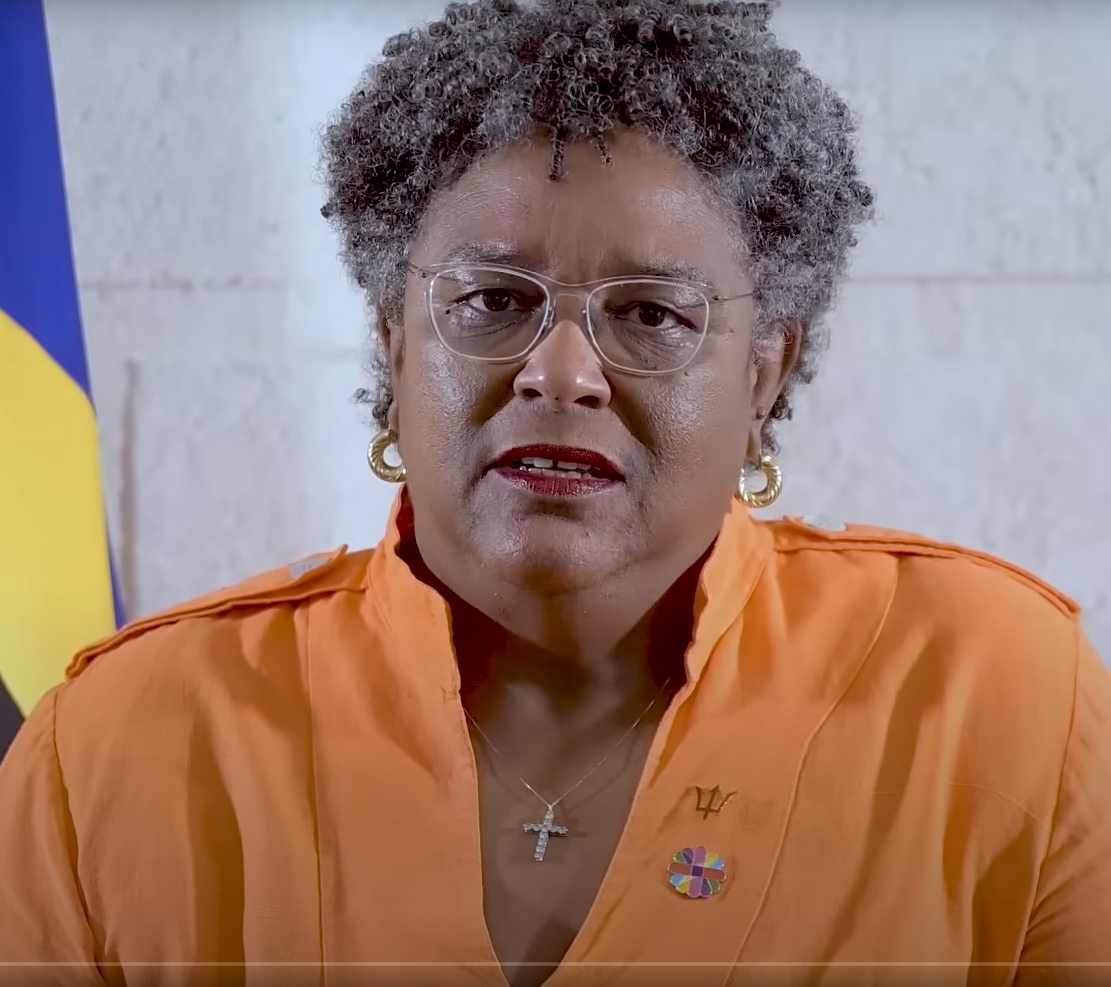
PM Mottley pays tribute to late businessman Thomas Grant
The passing of Thomas ‘Tom’ Grant, a celebrated Barbadian entrepreneur, has left a profound sense of loss, yet his remarkable journey from modest beginnings to building a multifaceted business empire continues to inspire. Born into humble circumstances, Tom’s relentless drive, determination, and hard work enabled him to establish a diverse portfolio of businesses, including automotive spare parts, hair care and beauty supplies, transportation, construction, pharmacies, and hospitality. His ventures not only spurred economic growth but also created numerous employment opportunities for Barbadians.
-
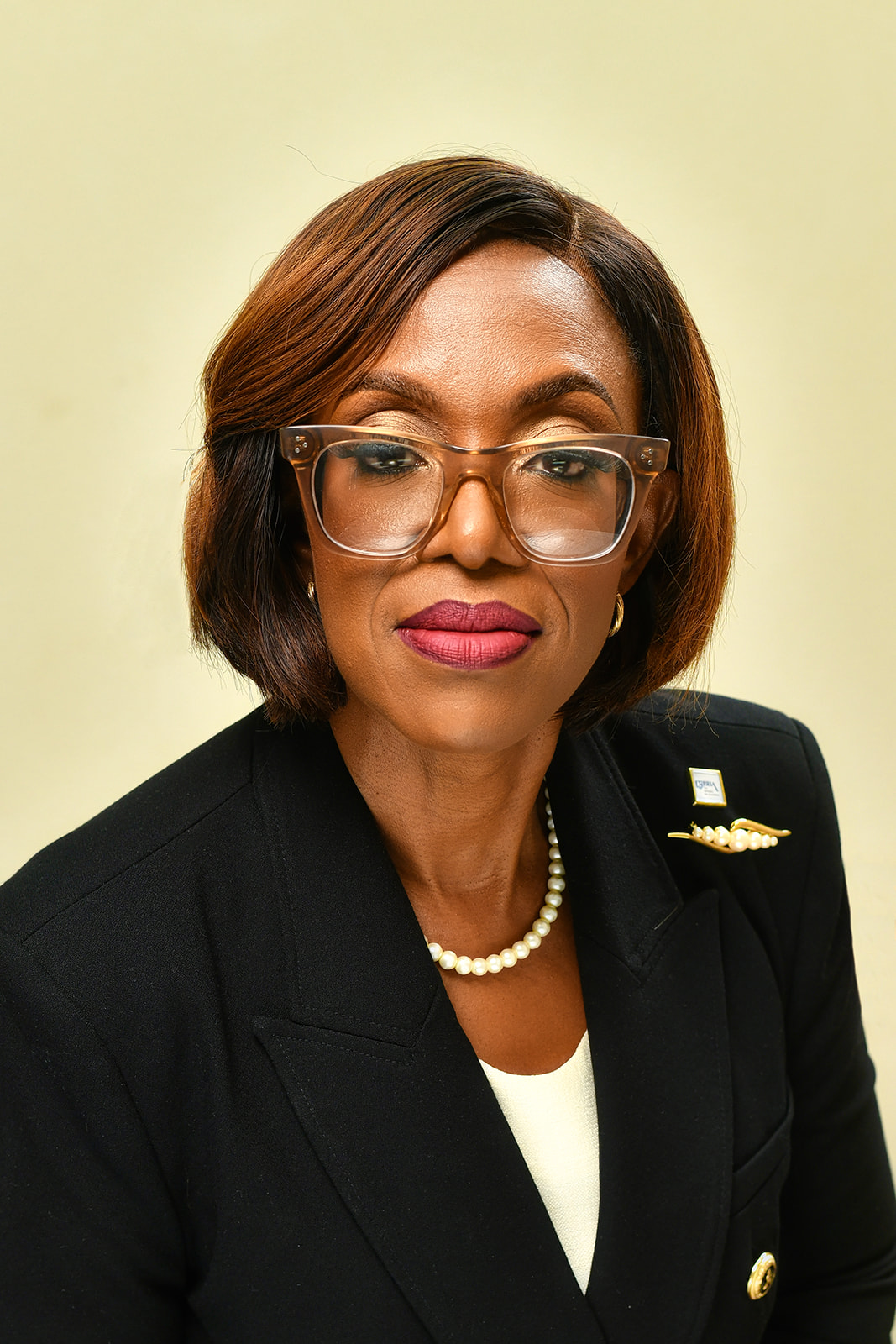
Bar Association requirements still stand in Barbados
The Barbados Bar Association has issued a reminder to regional attorneys emphasizing that while it supports the newly implemented free movement arrangement among four CARICOM states, legal professionals seeking to practice in Barbados must still meet local Bar admission requirements. In a statement released this week, the association reaffirmed its commitment to regional freedom of movement but underscored that all attorneys, regardless of nationality, must comply with existing legislative mandates to establish a practice in Barbados. This clarification follows the October 1 launch of the free movement agreement between Barbados, Dominica, St. Vincent and the Grenadines, and Belize, which allows nationals of these countries to live, work, and study across jurisdictions without permits. The Bar Association also referenced Prime Minister Mia Mottley’s September 30 address, in which she clarified that freedom of movement does not supersede laws governing professional practice in Barbados. The association stressed that standard admission requirements for the Bar remain unchanged and apply not only to attorneys but to all regulated professions, including doctors, architects, engineers, accountants, and land surveyors. Under the Profession Trade and Business Registration Act, professionals must register and pay annual license fees to the Registrar of the Supreme Court to operate legally in Barbados.
-

Protecting our children from the dangers of gang hand signals
Recent court appearances of young men accused of multiple robberies have sparked concern, not just for the crimes they are charged with, but for the alarming display of gang-related hand signals both before and after proceedings. These gestures, far from being innocuous, serve as coded messages tied to gang identity, territorial claims, and power dynamics. Their public exhibition, particularly in high-profile settings like courtrooms or on social media, carries grave implications. Rival gangs may interpret these signals as provocations, potentially inciting retaliation, intimidation of informants, or further violence. Even more troubling is the observation of schoolchildren mimicking these gestures on the streets, oblivious to the life-threatening risks of being misidentified as gang affiliates. This underscores the urgent need for intervention. The Royal Barbados Police Force, led by the commissioner of police, must take immediate action to prevent such displays. Measures such as handcuffing individuals behind their backs or restricting their movements during public appearances could mitigate the spread of these dangerous signals. Prison officers must also ensure that detainees cannot communicate these gestures during transportation, court appearances, or processing. The media plays a pivotal role as well. While public awareness is essential, news outlets must exercise restraint in broadcasting images that inadvertently amplify gang messaging. Parents, too, bear responsibility in educating their children about the severe consequences of imitating these gestures, which may appear harmless on platforms like Facebook, Instagram, or TikTok but can signify gang affiliation. The unchecked proliferation of these signals risks normalizing gang culture and luring young people into destructive lifestyles. Urgent, coordinated efforts from law enforcement, prison authorities, the media, and parents are essential to curb this dangerous trend and safeguard communities.
-

Caribbean’s ‘first all-purpose’ dictionary aims to close classroom linguistic gaps
In a groundbreaking initiative, two Caribbean lexicographers are spearheading the creation of the region’s first general-purpose English dictionary, aiming to bridge linguistic gaps in education and validate Caribbean dialects. This project, led by Dr. Joseph T. Farquharson of the University of the West Indies (UWI) Mona and Dr. Jason F. Siegel of UWI Cave Hill, marks a significant step forward in linguistic representation, three decades after Richard Allsopp’s specialized *Dictionary of Caribbean English Usage*.
The endeavor is hailed as a landmark effort to ensure Caribbean schoolchildren are not disadvantaged by the lack of accessible linguistic resources. Dr. Siegel, who also heads the Richard and Jeannette Allsopp Centre for Caribbean Lexicography, emphasized the symbolic and practical importance of the project. He noted that while the Oxford English Dictionary (OED) recently added 12 Caribbean words, these terms have long been documented in regional lexicons.
Dr. Siegel highlighted the broader implications of the initiative, stating, ‘Having your own dictionary validates your dialect in the public eye. It counters the racist discourse that suggests there’s something wrong with the way Caribbean people speak.’ The project builds on the legacy of Richard Allsopp, whose 1995 *Dictionary of Caribbean English Usage* remains a cornerstone of Caribbean linguistics, and his wife Jeannette Allsopp, who expanded the field with her multilingual dictionary in 2003.
The new dictionary aims to be a comprehensive, all-purpose reference, capturing both regional vocabulary like ‘cou cou’ and ‘walk with’ and the standard English used alongside it. Unlike specialized glossaries, it will serve as a single trusted source for both local and international communication. Dr. Siegel underscored its educational value, stating that Caribbean children should not have to rely on disparate or unreliable sources to understand their own language.
While the project is still in its early stages, with funding and planning yet to be finalized, it is a top priority for the Allsopp Centre. This initiative not only celebrates Caribbean linguistic heritage but also seeks to empower future generations by providing them with the tools to navigate their linguistic identity confidently.
